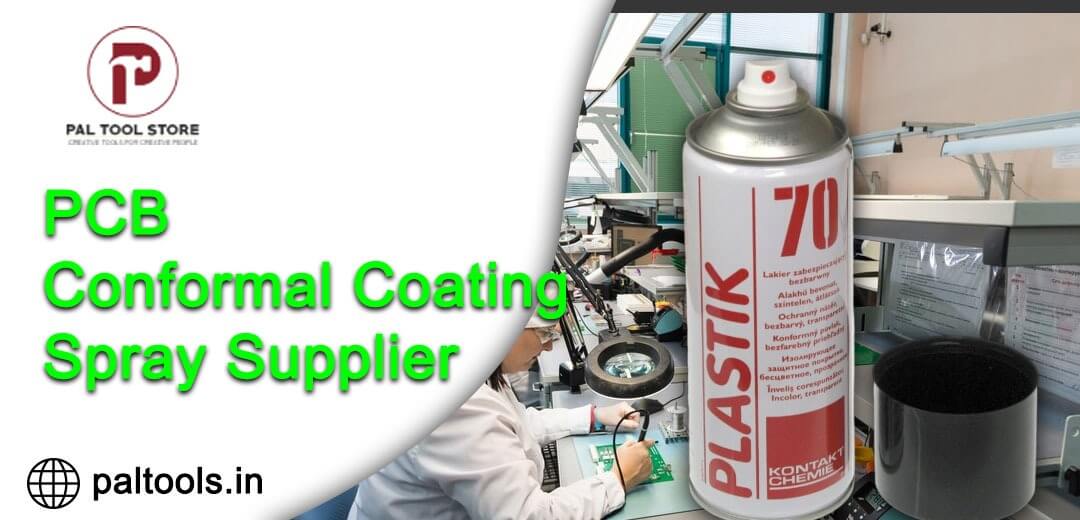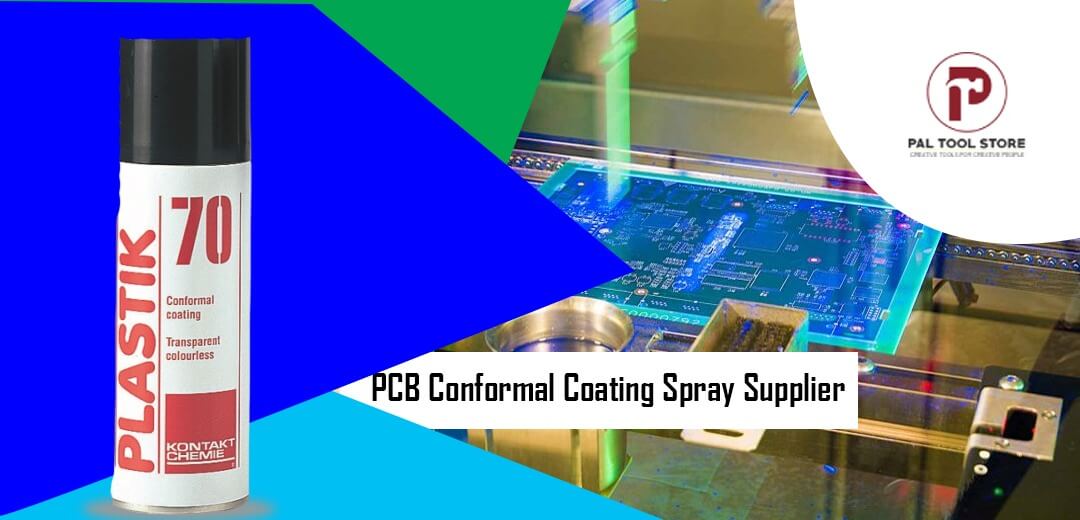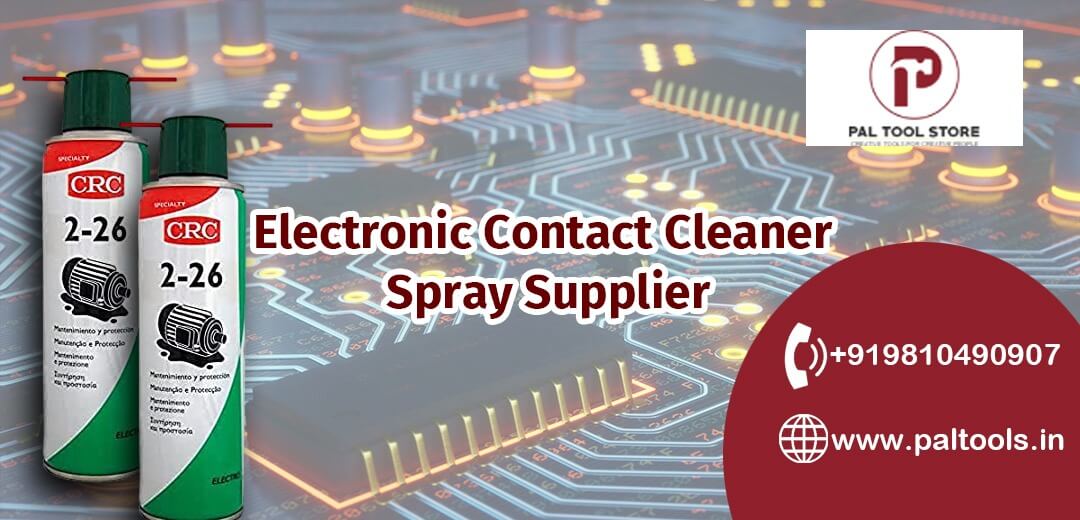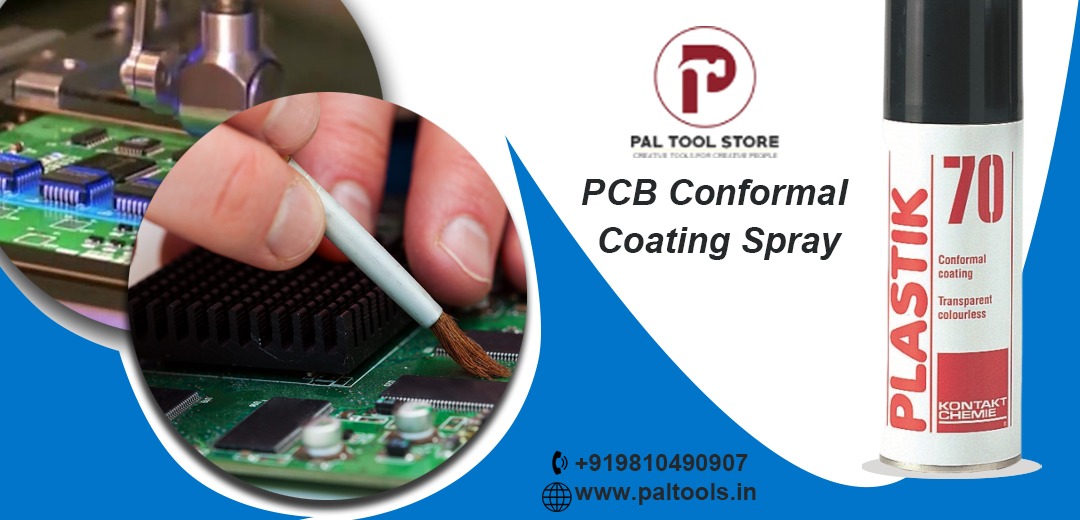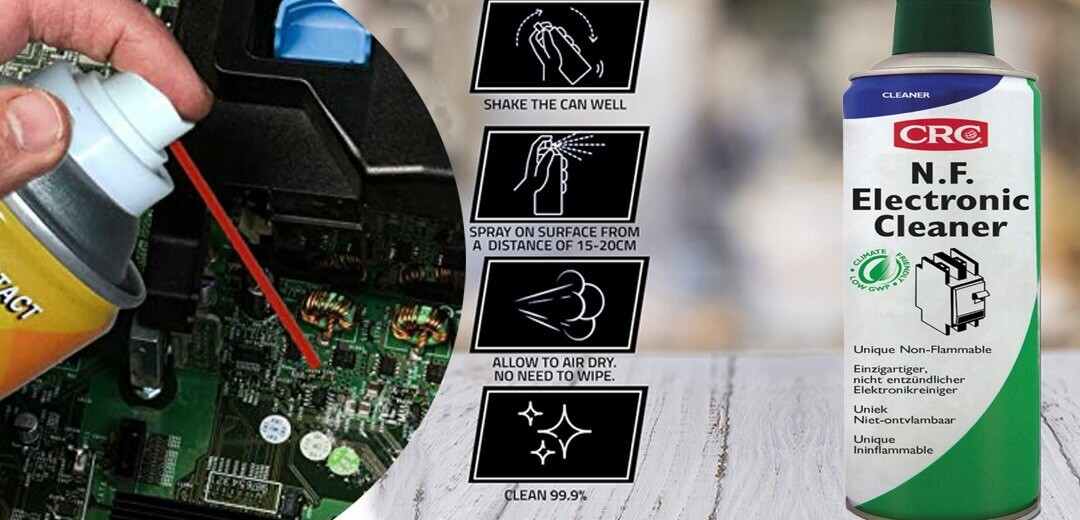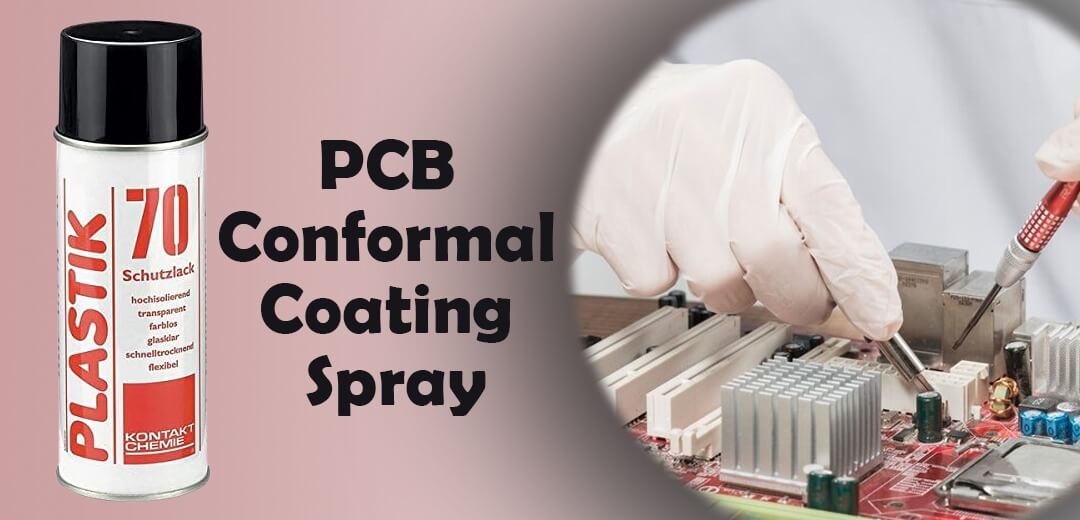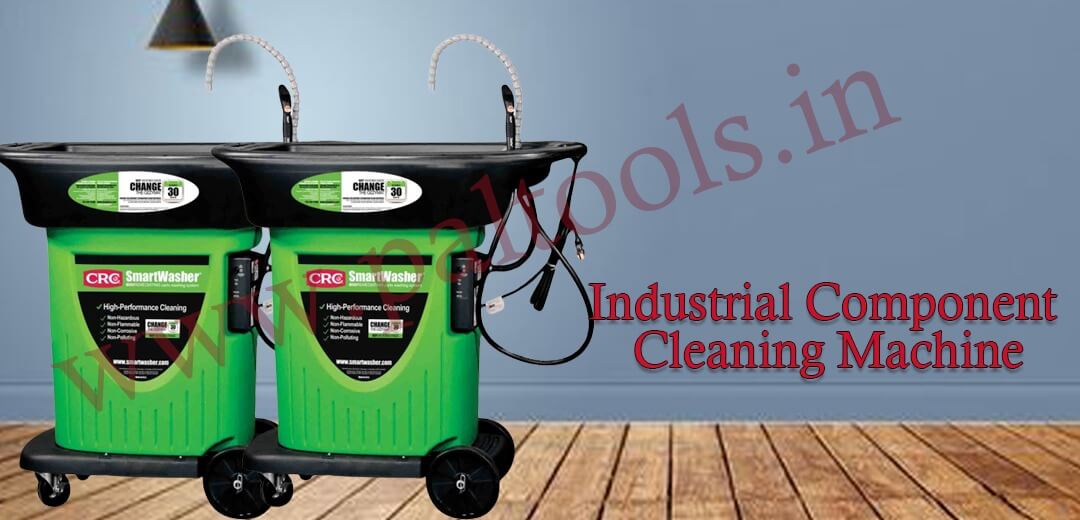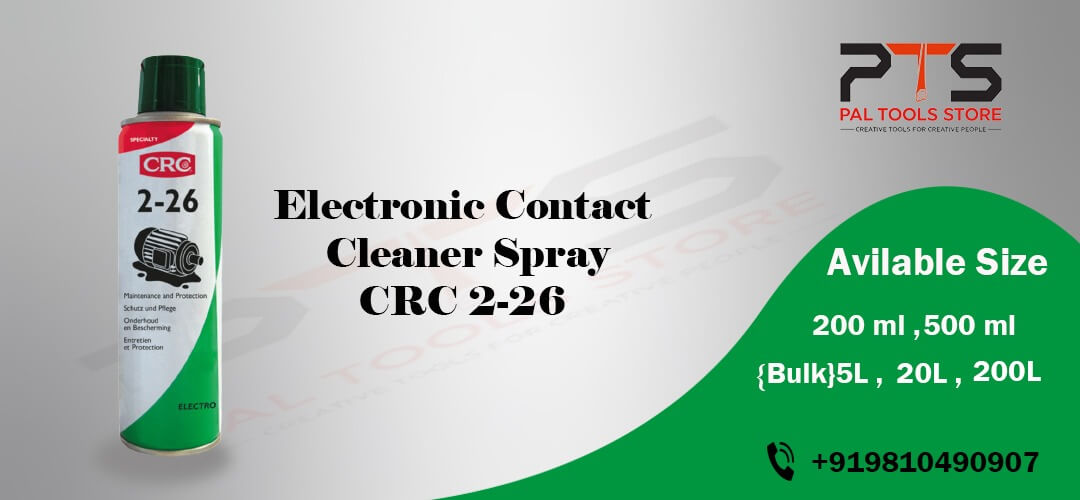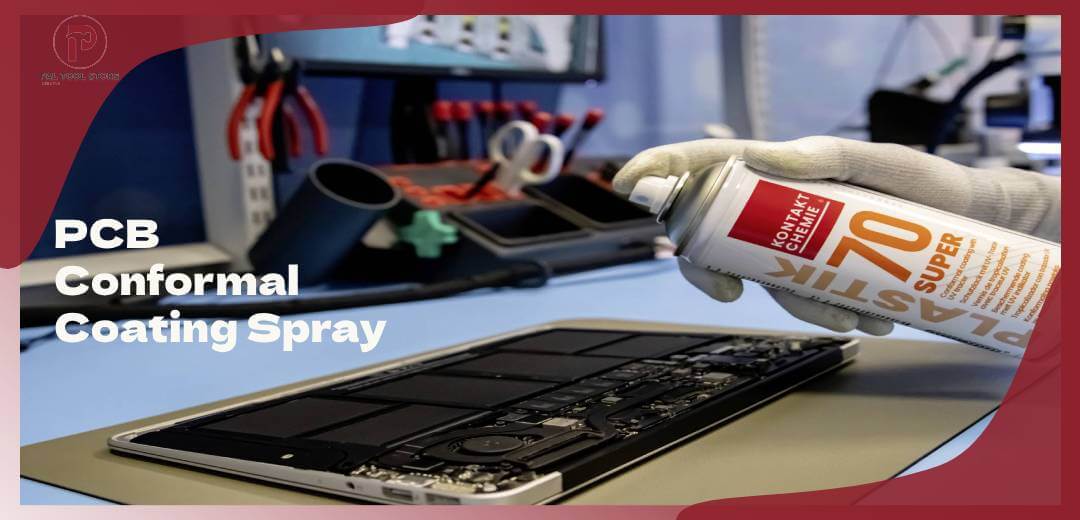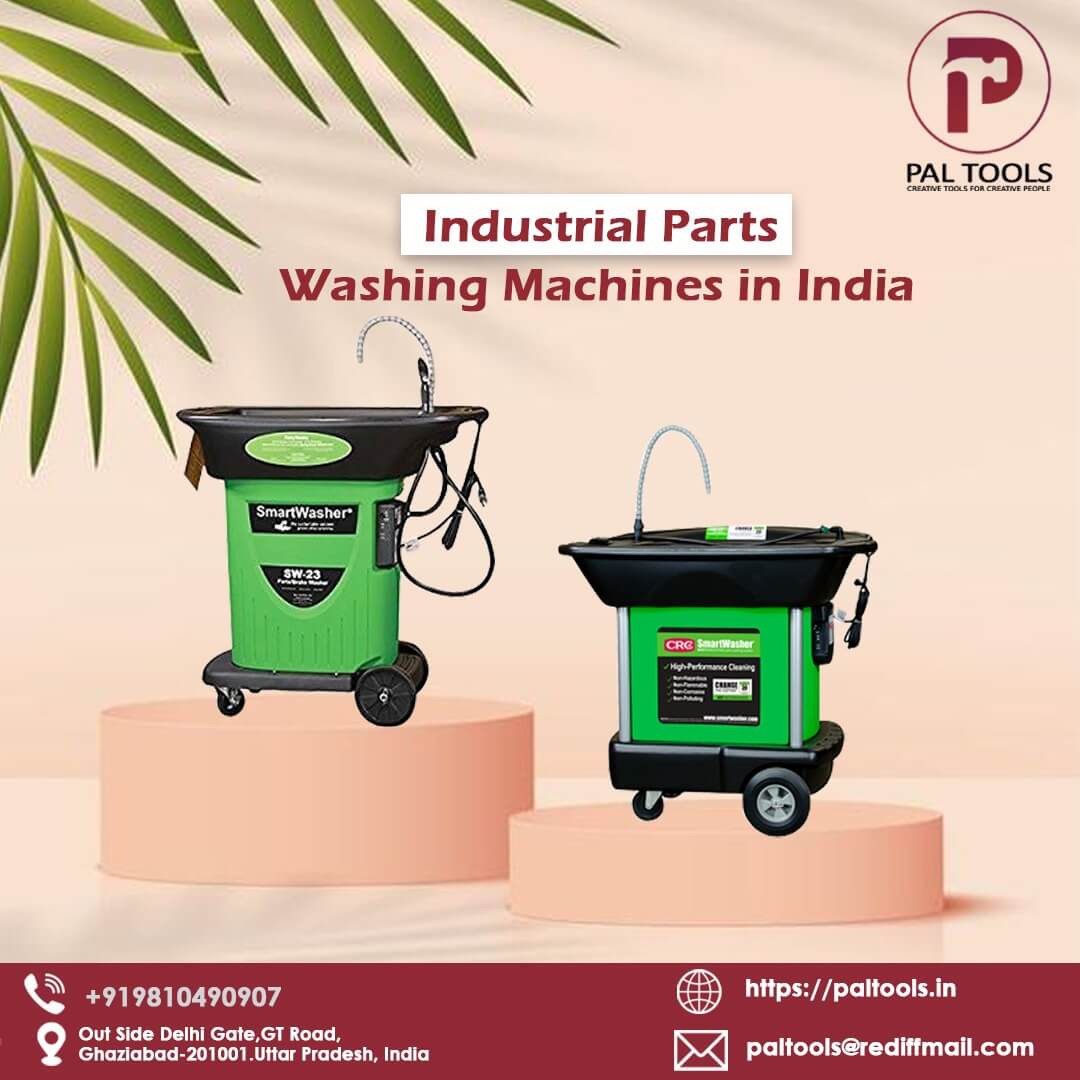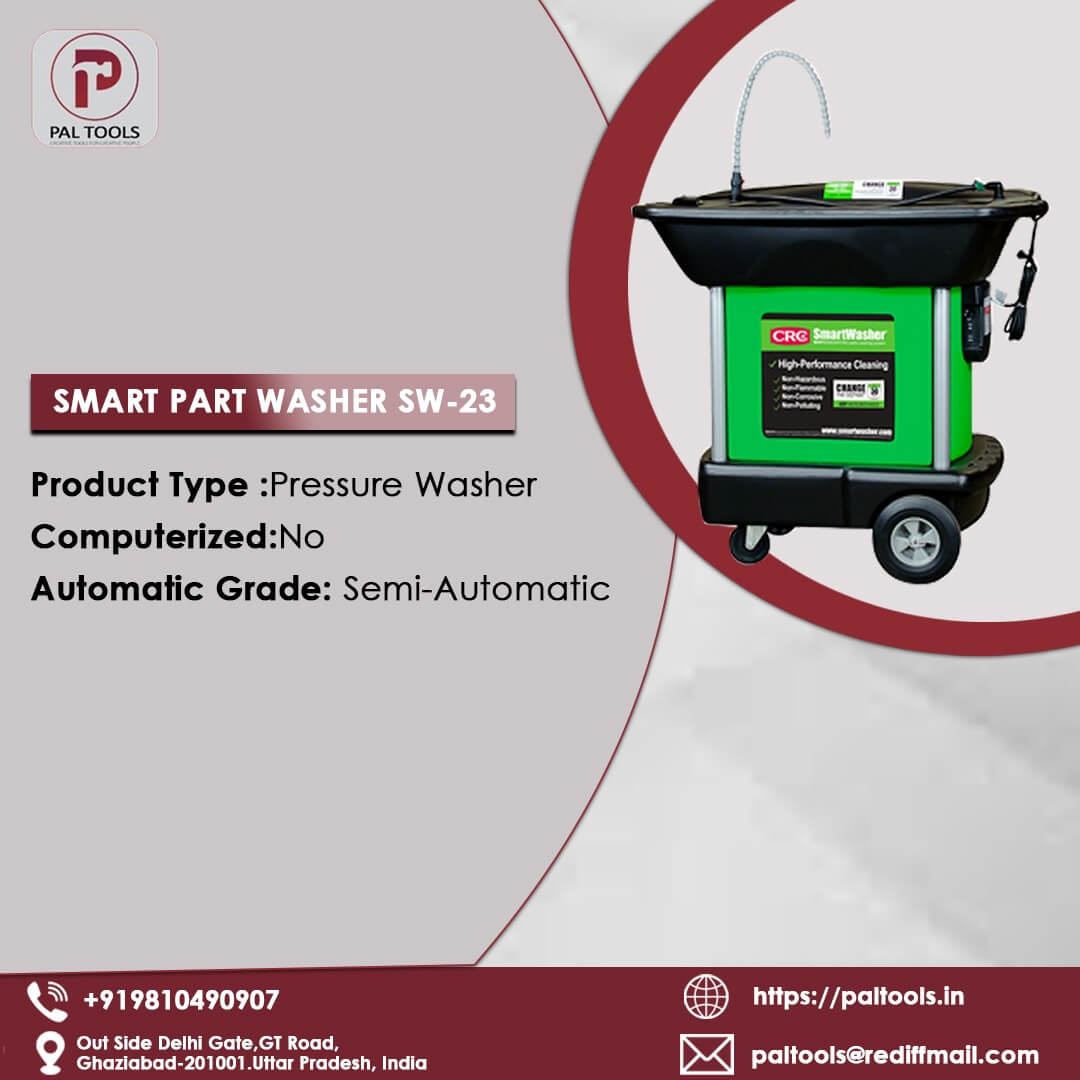In today’s fast-paced industrial environment, cleanliness is no longer a luxury but a necessity. Industrial parts washing machines play a crucial role in maintaining the integrity, performance, and longevity of machinery components across various industries. As the demand for higher quality and more efficient manufacturing processes grows, so does the need for innovative cleaning solutions. The latest advances in industrial parts washing machine, highlighting how these developments are revolutionizing the way industries approach cleanliness and maintenance.
The Importance of Industrial Parts Washing
Industrial parts washing is an essential process in numerous industries, including automotive, aerospace, manufacturing, and electronics. Clean parts are vital for the proper functioning of machinery, as contaminants such as oil, grease, metal shavings, and other residues can lead to equipment failure, reduced efficiency, and costly downtime. Additionally, many industries are subject to strict regulatory standards regarding cleanliness, making it imperative to maintain high levels of hygiene in manufacturing processes.
Traditional cleaning methods often involve manual labor, which can be time-consuming, inconsistent, and ineffective for complex parts with intricate geometries. This is where industrial parts washing machines come into play, offering automated, reliable, and efficient cleaning solutions that ensure every component is thoroughly cleaned, regardless of its shape or size.
The Evolution of Industrial Parts Washing Machines
Industrial parts washing machines have come a long way from their rudimentary beginnings. Early models were primarily designed for basic cleaning tasks and often required extensive manual intervention. However, the increasing complexity of industrial components, combined with the demand for higher cleanliness standards, has driven significant advancements in parts washing technology.
1. Automation and Robotics Integration
One of the most significant advances in industrial parts washing machines is the integration of automation and robotics. Automated systems not only improve the consistency and quality of cleaning but also significantly reduce the need for manual labor. Robotics, in particular, have revolutionized parts washing by enabling the precise handling of components during the cleaning process.
Robotic arms can be programmed to move parts through different stages of the washing process, ensuring thorough cleaning of even the most intricate geometries. These systems can operate around the clock, increasing productivity and efficiency while reducing the risk of human error. Moreover, the ability to customize robotic movements allows for the cleaning of parts that would be difficult or impossible to clean manually.
2. Advanced Cleaning Technologies
Modern industrial parts washing machines incorporate a variety of advanced cleaning technologies designed to tackle specific types of contaminants. Some of the most notable developments include:
- Ultrasonic Cleaning: Ultrasonic cleaning uses high-frequency sound waves to create microscopic bubbles in a cleaning solution. These bubbles implode upon contact with the surface of the parts, effectively dislodging dirt, grease, and other contaminants. Ultrasonic cleaning is particularly effective for parts with complex shapes or hard-to-reach areas, providing a thorough clean without the need for harsh chemicals.
- High-Pressure Spray Systems: High-pressure spray systems use jets of cleaning solution to blast away contaminants from the surface of parts. These systems are ideal for removing heavy deposits of grease and oil and can be used in conjunction with other cleaning methods for maximum effectiveness. The adjustable pressure settings allow for customization based on the type of contamination and the sensitivity of the parts being cleaned.
- Vapor Degreasing: Vapor degreasing is a process that involves the use of a solvent vapor to clean parts. The solvent vapor condenses on the cooler surfaces of the parts, dissolving and removing contaminants. This method is highly effective for removing oils and greases and is commonly used in industries such as aerospace and electronics, where precision cleaning is required.
3. Eco-Friendly Solutions
With increasing environmental concerns and stringent regulations, the shift towards eco-friendly industrial parts washing solutions has gained momentum. Traditional cleaning methods often rely on harsh chemicals that can be harmful to both workers and the environment. The latest advances in parts washing technology focus on reducing the environmental impact of cleaning processes while maintaining or improving cleaning efficiency.
- Water-Based Cleaning Solutions: Many modern industrial parts washing machines now use water-based cleaning solutions instead of solvent-based chemicals. These solutions are biodegradable, non-toxic, and safer for workers to handle. Additionally, they can be filtered and reused multiple times, reducing waste and lowering operating costs.
- Closed-Loop Systems: Closed-loop systems are designed to minimize water and chemical usage by recycling cleaning solutions within the machine. Contaminants are filtered out, and the clean solution is recirculated for continued use. This not only reduces the environmental impact but also lowers the overall cost of operation by conserving resources.
- Energy Efficiency: Advances in energy-efficient design have led to the development of parts washing machines that consume less power while delivering high-performance cleaning. Features such as programmable timers, energy-efficient motors, and insulation have all contributed to reducing the energy footprint of these machines.
4. Customization and Versatility
Modern industrial parts washing machines are highly customizable, allowing businesses to tailor the cleaning process to their specific needs. This versatility is critical for industries that deal with a wide range of parts, each with different cleaning requirements.
- Modular Designs: Modular washing machines can be configured with various cleaning technologies, such as ultrasonic tanks, spray systems, and drying modules, to create a customized cleaning process. This flexibility allows companies to invest in a single machine that can handle multiple tasks, reducing the need for multiple dedicated machines.
- Multi-Stage Cleaning Processes: Many industrial parts washing machines now feature multi-stage cleaning processes, where parts pass through several cleaning and rinsing stages before drying. This ensures that even the most stubborn contaminants are removed, and parts are thoroughly rinsed and dried before being returned to service.
- Programmable Controls: The latest machines are equipped with programmable controls that allow operators to set specific cleaning parameters for different parts. These controls can store multiple programs, making it easy to switch between different cleaning cycles as needed. This level of customization ensures that each part is cleaned to the required standard without unnecessary wear or damage.
5. Data Integration and Industry 4.0
The rise of Industry 4.0 has brought about the integration of data and connectivity in industrial parts washing machines. This technology enables real-time monitoring, predictive maintenance, and data-driven decision-making, further enhancing the efficiency and effectiveness of the cleaning process.
- Real-Time Monitoring: Sensors and IoT (Internet of Things) devices integrated into parts washing machines can monitor various parameters such as temperature, pressure, and chemical concentration in real-time. This data is transmitted to a central control system, allowing operators to make adjustments on the fly to ensure optimal cleaning conditions.
- Predictive Maintenance: By analyzing data collected from the machine, predictive maintenance algorithms can identify potential issues before they lead to machine downtime. This proactive approach reduces the risk of unexpected breakdowns and ensures that the machine operates at peak performance.
- Data-Driven Decision Making: The ability to collect and analyze data from the cleaning process allows businesses to make informed decisions about process optimization, resource allocation, and cost management. For example, data on cleaning times and chemical usage can be used to identify areas where efficiency can be improved, leading to cost savings and reduced environmental impact.
The Future of Industrial Parts Washing
As industries continue to evolve, the demand for more efficient, environmentally friendly, and versatile cleaning solutions will only grow. The future of industrial parts washing will likely see further advancements in automation, cleaning technologies, and data integration.
- Advanced Robotics: The continued development of robotics will lead to even more sophisticated parts handling and cleaning processes. Robots with advanced sensors and AI capabilities could autonomously adapt to different parts and contaminants, ensuring the highest level of cleanliness.
- Green Technologies: As environmental regulations become more stringent, the focus on green technologies will intensify. We can expect to see further innovations in eco-friendly cleaning solutions and energy-efficient machine designs that minimize the environmental footprint of industrial parts washing (Smart Washer).
- Artificial Intelligence and Machine Learning: AI and machine learning will play an increasingly important role in optimizing the cleaning process. By analyzing vast amounts of data, AI can identify patterns and suggest improvements, leading to more efficient and effective cleaning operations.
Industrial parts washing machines have come a long way from their humble beginnings. The advances in automation, cleaning technologies, eco-friendly solutions, customization, and data integration are revolutionizing the way industries approach cleanliness and maintenance. These innovations are not only improving the quality and efficiency of cleaning processes but also helping businesses meet their environmental and regulatory obligations.
As the industry continues to evolve, we can expect even more exciting developments in industrial parts washing technology, further cementing its role as a critical component of modern manufacturing and maintenance operations.
Paltools Store is a trusted supplier in India for industrial parts washing machines, including the advanced Smart Washer series. Known for their efficiency and durability, these machines are ideal for cleaning and maintaining industrial components across various sectors.

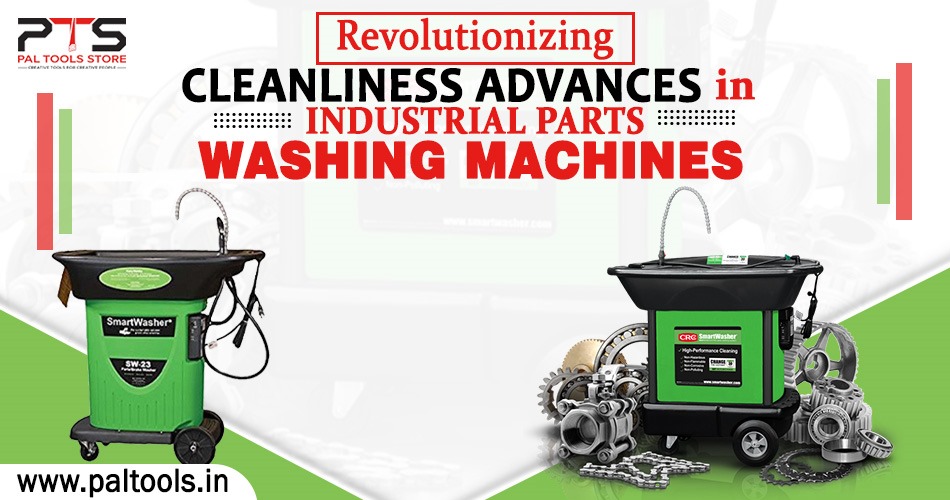
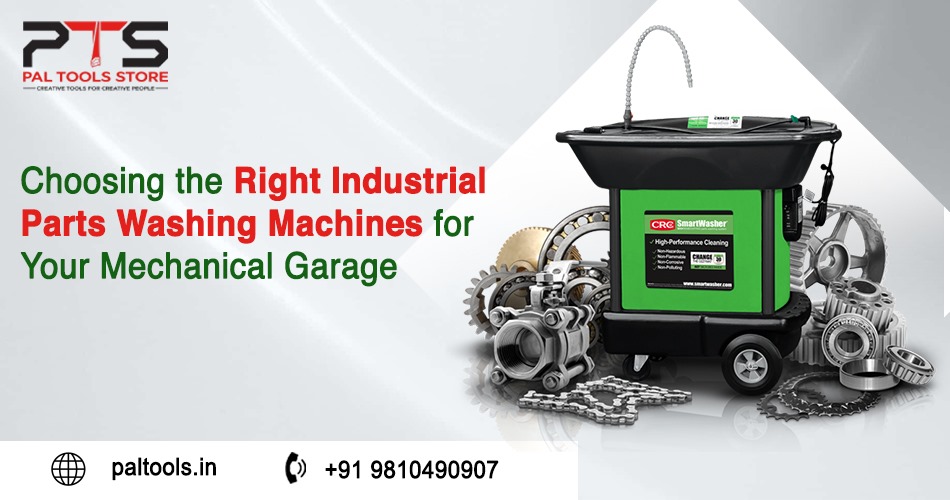
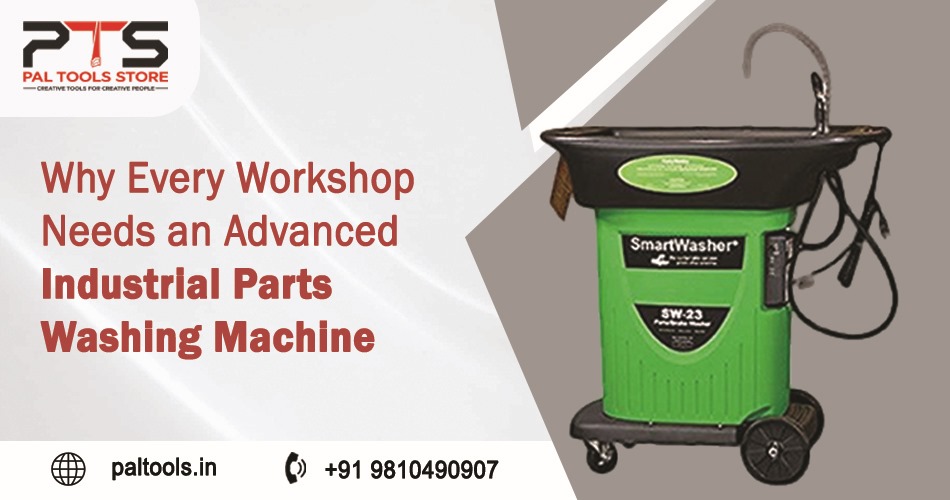

.jpeg)
.jpg)




